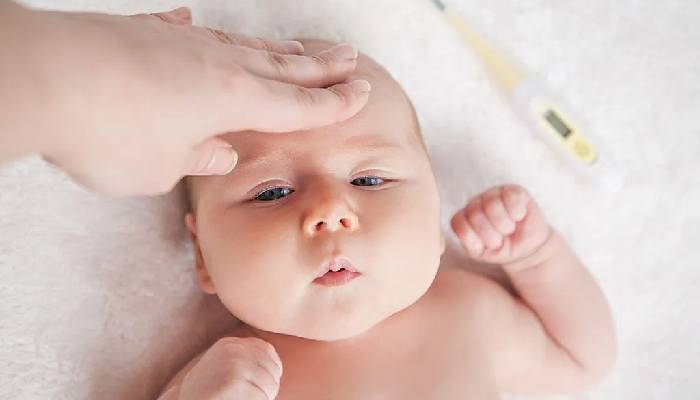
Health officials in England have reported that five infants have passed away due to whooping cough, amid a surge in cases across the country.
As per BBC, the UK Health Security Agency (UKHSA) reported a significant increase in cases, reaching nearly 2,800 for the year 2024 so far.
The infection, also known as pertussis or "100-day cough", poses a serious threat, especially to babies and infants.
However, half of this year's cases have been in children under 15, with babies under three months at the highest risk.
While, the surge in cases is attributed to declining vaccination rates, particularly among pregnant women and children.
UKHSA emphasizes the importance of vaccination and urges families to ensure they are vaccinated to protect against this deadly disease.
Meanwhile, data shows a decline in routine vaccinations for two-year-olds, from 96.3% in 2014 to 92.9% in 2023.
Similarly, uptake of the maternal pertussis vaccine has decreased from over 70% in 2017 to around 58% in 2023.
Dr Gayatri Amirthalingam, from UKHSA, said in a statement, noting, "Vaccination remains the best defence against whooping cough and it is vital that pregnant women and young infants receive their vaccines at the right time."
He added, "Whooping cough can affect people of all ages, but for very young babies it can be extremely serious."
Understanding whooping cough: Symptoms, transmission, and precautions:
The initial symptoms of whooping cough resemble those of a common cold, including a runny nose and sore throat.
However, after about a week, the illness progresses to frequent coughing fits, which can last several minutes and often worsen during nighttime.
Infants may exhibit a distinctive "whooping" sound or experience breathing difficulties after coughing.
While, the bacteria responsible for whooping cough spread through coughs and sneezes.
Therefore, health experts recommend that family members of an infected individual remain at home until three weeks after the symptoms first appear or until 48 hours after the patient begins antibiotic treatment.
